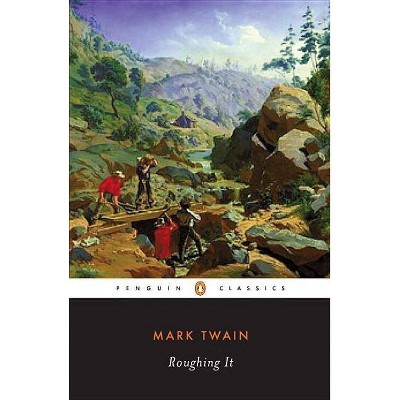The Varieties of Religious Experience - (Penguin American Library) by William James (Paperback)
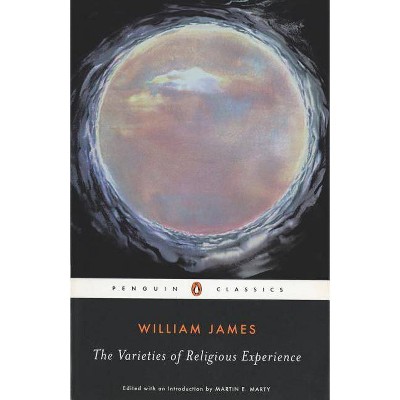
Similar Products
Products of same category from the store
AllProduct info
<p/><br></br><p><b> Book Synopsis </b></p></br></br>Standing at the crossroads of psychology and religion, this catalyzing work applied the scientific method to a field abounding in abstract theory. William James believed that individual religious experiences, rather than the precepts of organized religions, were the backbone of the world's religious life. His discussions of conversion, repentance, mysticism and saintliness, and his observations on actual, personal religious experiences - all support this thesis. In his introduction, Martin E. Marty discusses how James's pluralistic view of religion led to his remarkable tolerance of extreme forms of religious behaviour, his challenging, highly original theories, and his welcome lack of pretension in all of his observations on the individual and the divine.<p/><br></br><p><b> From the Back Cover </b></p></br></br>'The Varieties of Religious Experience is certainly the most notable of all books in the field of the psychology of religion and probably destined to be the most influential one written on religion in the twentieth century.'- Walter Houston Clark in Psychology Today<p/><br></br><p><b> About the Author </b></p></br></br>Older brother of novelist Henry James, William James (1842-1910) was a philosopher, psychologist, physiologist, and professor at Harvard. James has influenced such twentieth-century thinkers as Richard Rorty, Jurgen Habermans, Michel Foucault, and Julia Kristeva.
Price History
Price Archive shows prices from various stores, lets you see history and find the cheapest. There is no actual sale on the website. For all support, inquiry and suggestion messages communication@pricearchive.us
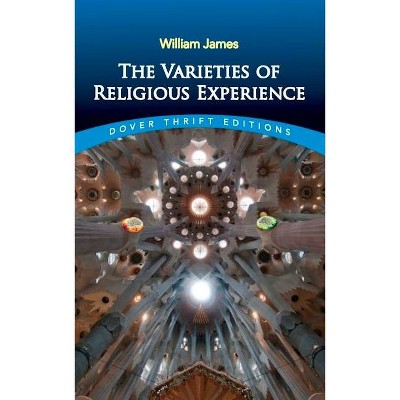
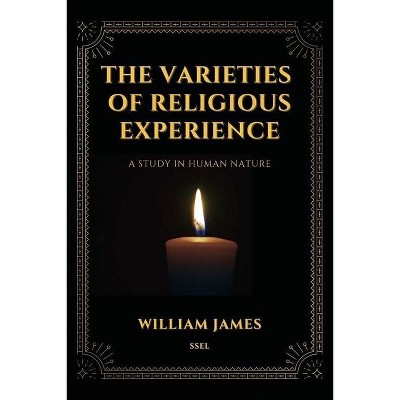
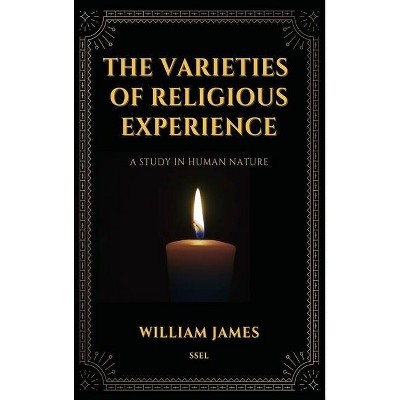
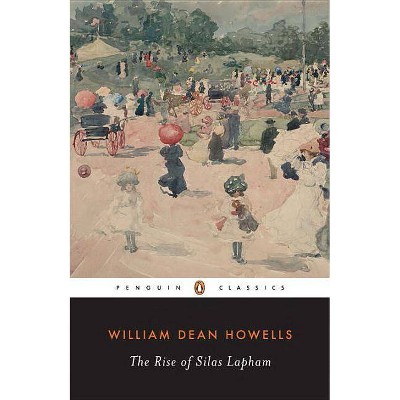
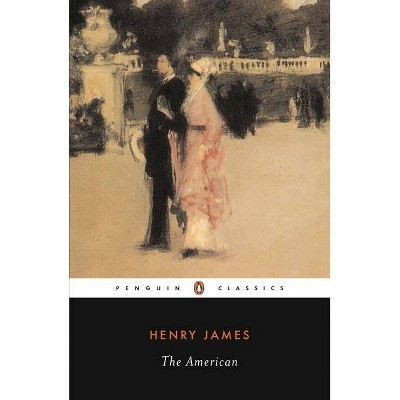
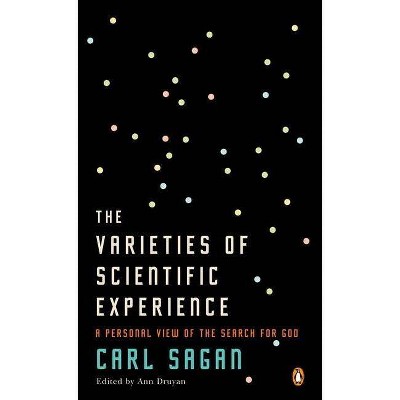
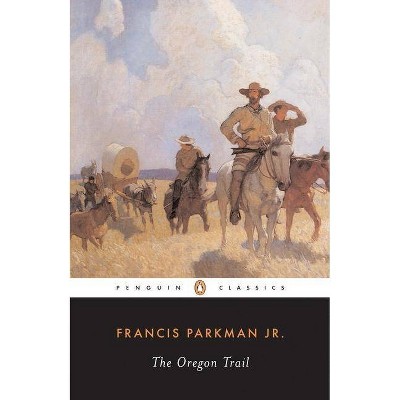

![American Experience: Jesse James [DVD] [2006]](https://pisces.bbystatic.com/image2/BestBuy_US/images/products/8103/8103152_so.jpg)
